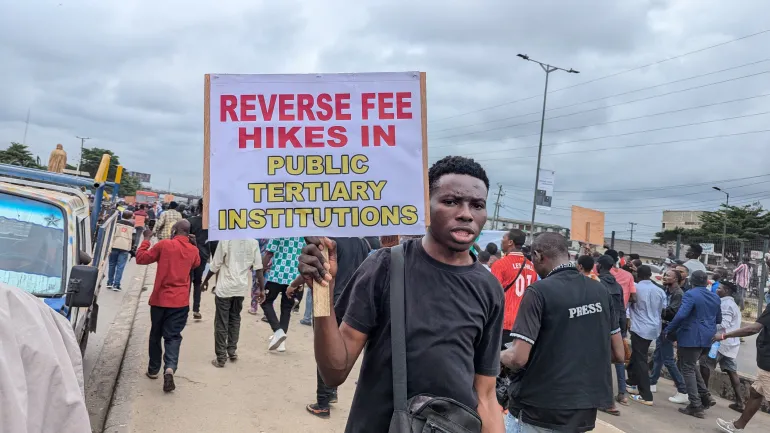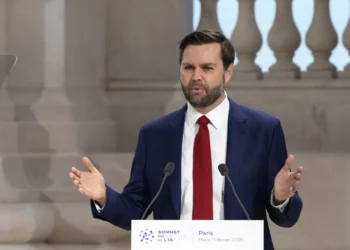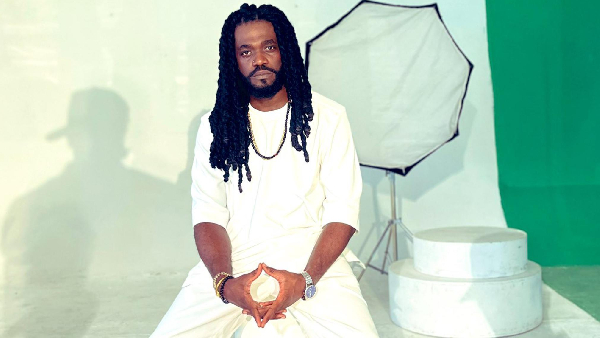Mass demonstrations against Nigeria’s economic crisis turned deadly this week, leaving at least nine protesters dead at the hands of security forces, a rights group reported on Friday.
Authorities also confirmed the death of a police officer and injuries to several others during the violent clashes.
In Borno, in Nigeria’s northeast, another four protesters were killed, and 34 injured by a bomb blast. This region is notorious for being at the epicenter of the world’s longest-running war on militancy, which has left millions displaced and hungry.
The unrest has led to over 300 arrests, and curfews have been imposed across four northern states following the looting of government and public properties, according to Nigerian police.
National police chief Kayode Egbetokun announced on Thursday night that the police force is on high alert and may seek military assistance if necessary.
Isa Sanusi, Nigeria’s director for Amnesty International, stated in an interview that the group had independently verified the deaths through witness reports, victim families, and lawyers.
The protests primarily focused on severe food shortages and allegations of corruption and mismanagement in Africa’s most populous country.
This is a glaring issue in a nation where public officials enjoy some of the highest salaries on the continent, despite the populace grappling with extreme poverty and hunger. Ironically, Nigeria is also one of Africa’s top oil producers.
Carrying placards, ringing bells, and waving Nigeria’s green-and-white flag, the largely youthful protesters chanted and listed their demands, which included reinstating gas and electricity subsidies that were recently canceled as part of economic reforms.
Northern States Hit Hard by Unrest
The violence and looting were predominantly concentrated in the northern states, areas severely affected by hunger and insecurity. Dozens of protesters were seen fleeing with looted goods, including furniture and large containers of cooking oil.
Egbetokun asserted that police officers aimed to ensure peaceful demonstrations. However, he lamented that “regrettably, events in some major cities today showed that what was being instigated was mass uprising and looting, not protest.”
This claim was challenged by rights groups and activists. “Our findings so far show that security personnel at the locations where lives were lost deliberately used tactics designed to kill,” said Sanusi.
Authorities are apprehensive that these protests, gaining traction on social media, might mirror the deadly 2020 demonstrations against police brutality in Nigeria, or escalate into violence akin to last month’s chaotic tax hike protests in Kenya.
Despite these fears, the level of response from the police was unnecessary, according to Anietie Ewang, a Nigerian researcher with Human Rights Watch. Ewang stated that the emerging threats “did not require that level of response.”
Adeleke, a law student at the University of Lagos (Unilag), participated in the protests to voice his frustration with the government, which he believes has jeopardized his education through its policies.

“People [in government] that got free education came into power and withdrew free education,” he said, calling for the government to “reverse school fees and make the nation habitable for students.”
Unilag recently hiked tuition fees while banning students from conducting business from their hostels, a move that has left many vulnerable young people without crucial income sources.
“Do they want them to drop out?” Adeleke questioned, highlighting the thousands of naira increase in fees following the removal of a government subsidy.
Last month, students at the University of Ibadan in Oyo State protested against similar issues, while those at the University of Ilorin in Kwara State, where student dissent is prohibited, had to take exams without any electricity to study.
The government’s tertiary education loan scheme has proven insufficient, as many students are on the verge of dropping out due to the stringent requirements needed to access it.
READ ALSO: Ablakwa Calls for Swift Review of Accra Redevelopment Policy




















